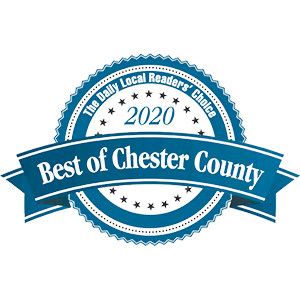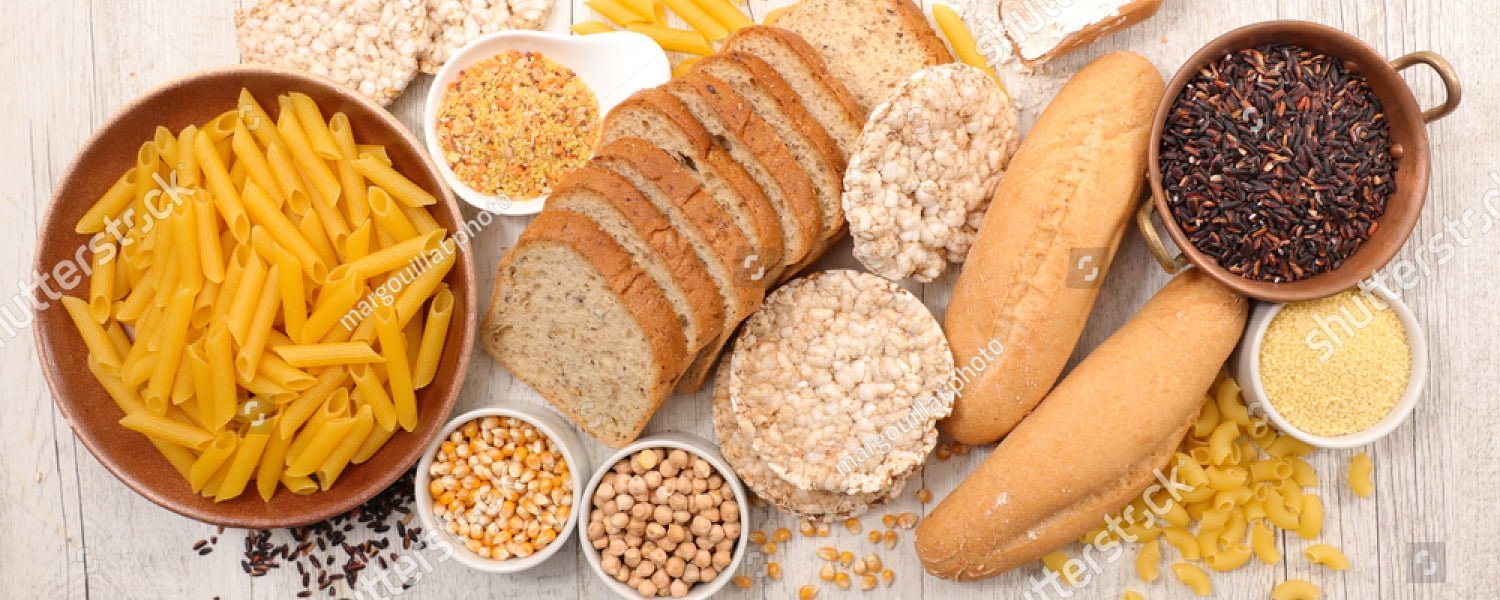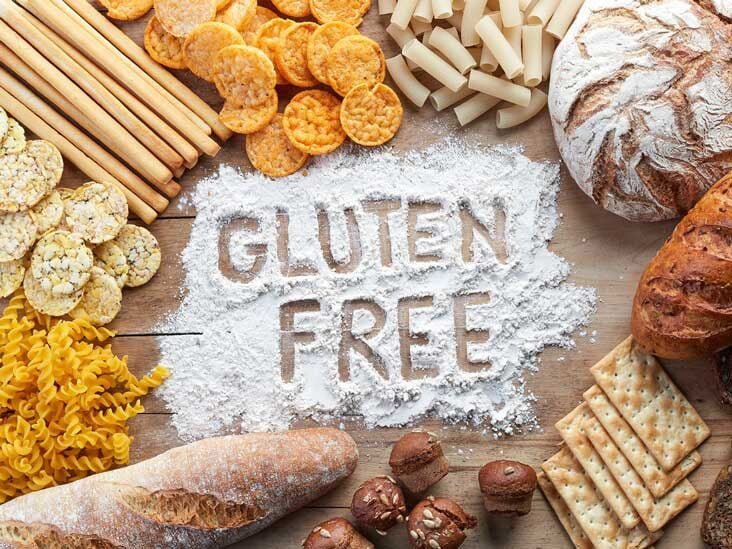Gluten Free
What Is Gluten?
Gluten is a protein found in wheat and cereal grains that is made up of glutenin and gliadin molecules. In the presence of water, these substances form an elastic bond that gives bread and other baked goods a springy, stretchy and spongy consistency. Because gluten gives dough elasticity, comparable gluten-free items are often dense and tend to crumble easily. Gluten is found not only in wheat, but also other grains like barley, oats, rye and spelt. Beyond the whole grains known to be glutinous, gluten can hide in processed foods under a variety of names, including, but not limited to:1 · Hydrolyzed vegetable protein (HVP) · Malts · Natural flavoring · Starches · Texturized vegetable protein (TVP) While many foods such as whole fruits and vegetables are naturally gluten free, as are most dairy and meat products, grocery stores are full of gluten-containing products. Many of them fall into the category of ultraprocessed foods. Some of the most common gluten-laced foods include:| Beer | Cookies | Processed broth |
| Bouillon | Crackers and other snack foods | Sausages and hot dogs |
| Bread (white and wheat) | Lunch meat | Seasoning mixes |
| Cereal | Pasta | Soy sauce |
How Gluten Can Negatively Impact Your Health
Gluten is known for its tendency to impede proper nutrient breakdown and absorption of foods, regardless of whether they do or do not contain gluten. Proper digestion can be impeded in the presence of gluten because in excess amounts it forms a glued-together constipating lump in your gut. Some people react negatively to even small amounts of gluten because their body identifies it as a toxin, which causes their immune cells to overreact and attack it. In this scenario, the continued consumption of gluten will create inflammation and damage to the lining of the small intestine that may trigger more serious health issues over time, particularly if you have celiac disease. Left unchecked, excessive gluten consumption and the inflammation that results may predispose you to malabsorption, nutrient deficiencies, osteoporosis and neurological and psychological conditions, as well as its potentially negative effects on your joints, liver, nervous system, skin and more.2 Beyond this, the Celiac Disease Foundation asserts undiagnosed celiac disease may contribute to the development of “autoimmune disorders like Type 1 diabetes and multiple sclerosis (MS), dermatitis herpetiformis (an itchy skin rash), anemia, osteoporosis, infertility and miscarriage … epilepsy and migraines, short stature and intestinal cancers.Is a Gluten-Free Diet Right for You?
Whether or not you have a medical reason for choosing a gluten-free diet, nearly everyone can benefit from this style of eating. Grains, even whole sprouted varieties, tend to cause problems not only because of the presence of gluten, but also due to concerns around fructans, glyphosate contamination and wheat hybridization. Furthermore, grains may damage your skin. Grains also have high net carbs and many people eat too many carbs. A healthier approach would be to reduce your consumption of grain-based carbs and increase your intake of healthy fats, thereby training your body to burn fat for fuel. (Be sure to moderate your protein intake, too.) Becoming a fat burner will free you from the cycle of energy highs and lows that often result from overindulging in carbs. While reducing your carb consumption may be a challenge, eating a gluten-free diet is relatively easy to do. You can accomplish this by focusing on whole, unprocessed foods that are naturally wheat- and gluten-free. As always, I recommend eating foods as close to their natural state as possible.
Best Of Main Line Today 2023

Best of the Mainline and Western Suburbs 2022

Best of the Mainline and Western Suburbs 2021 Readers Choice

Best of the Mainline and Western Suburbs 2020

Best of Chester County 2020

Best of the Mainline and Western Suburbs 2019

Best of the Best County Lines 2019


